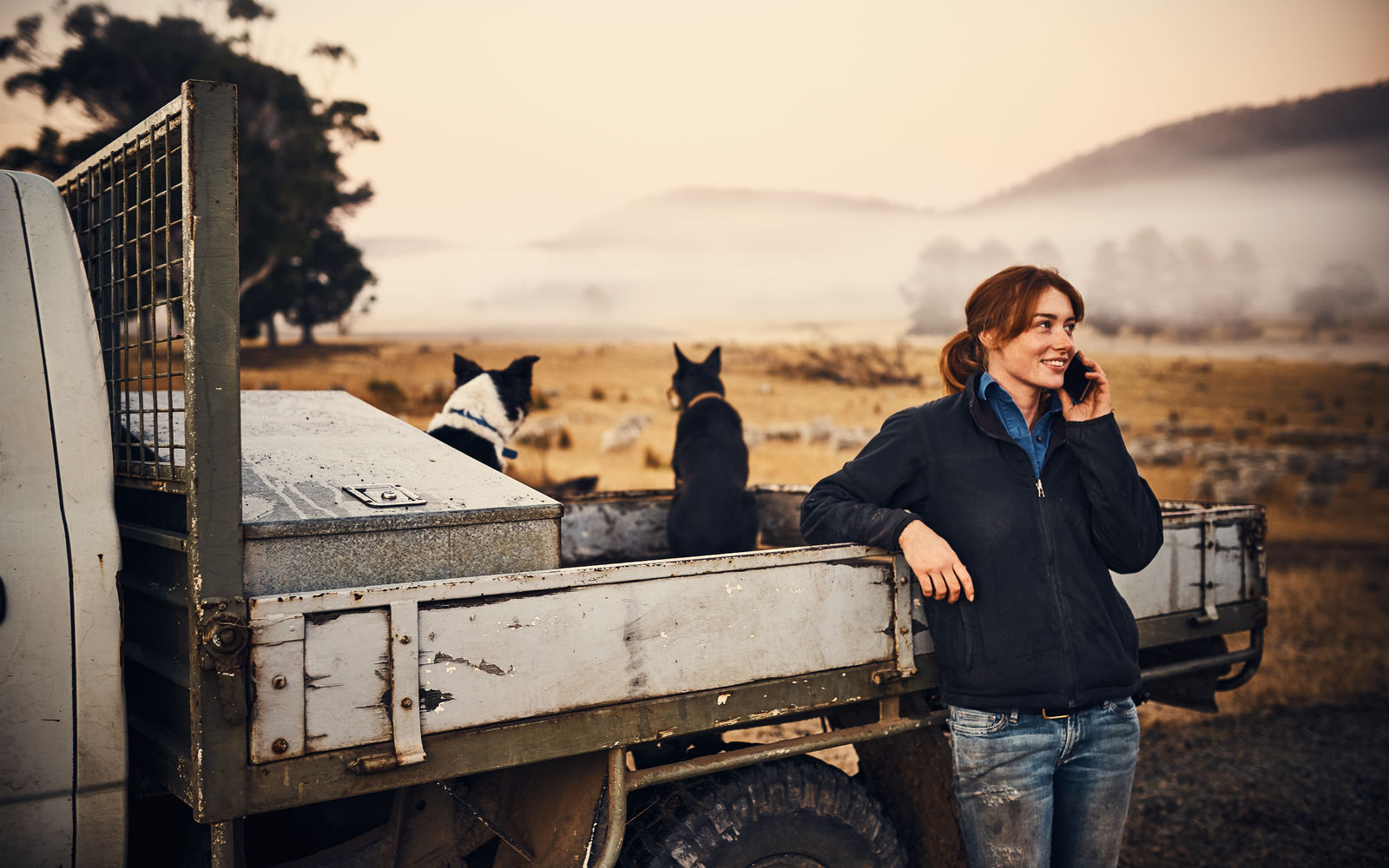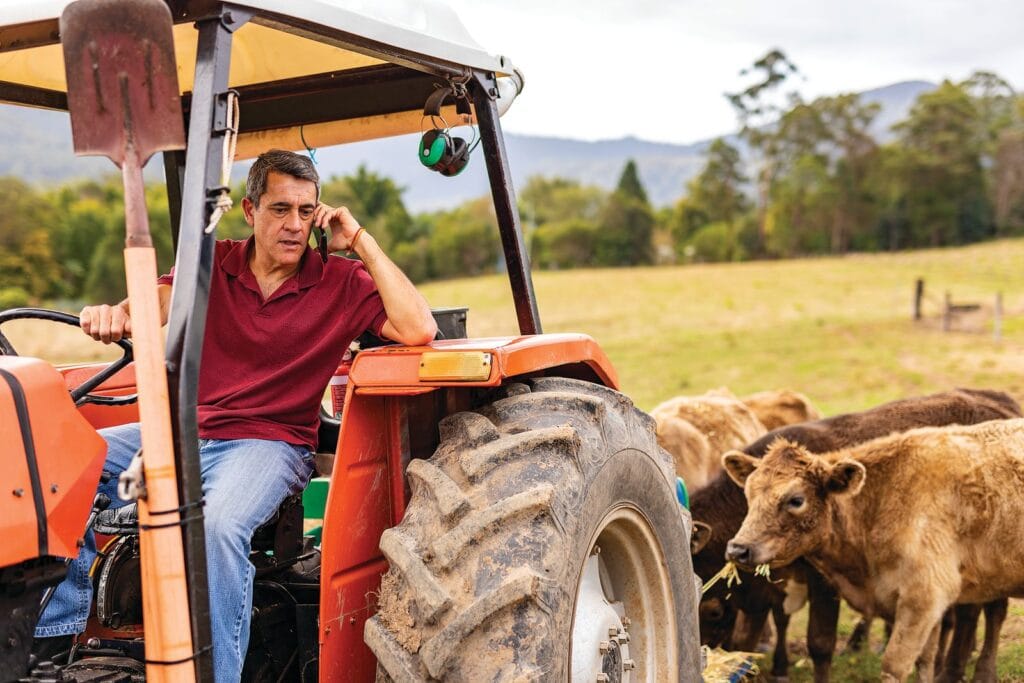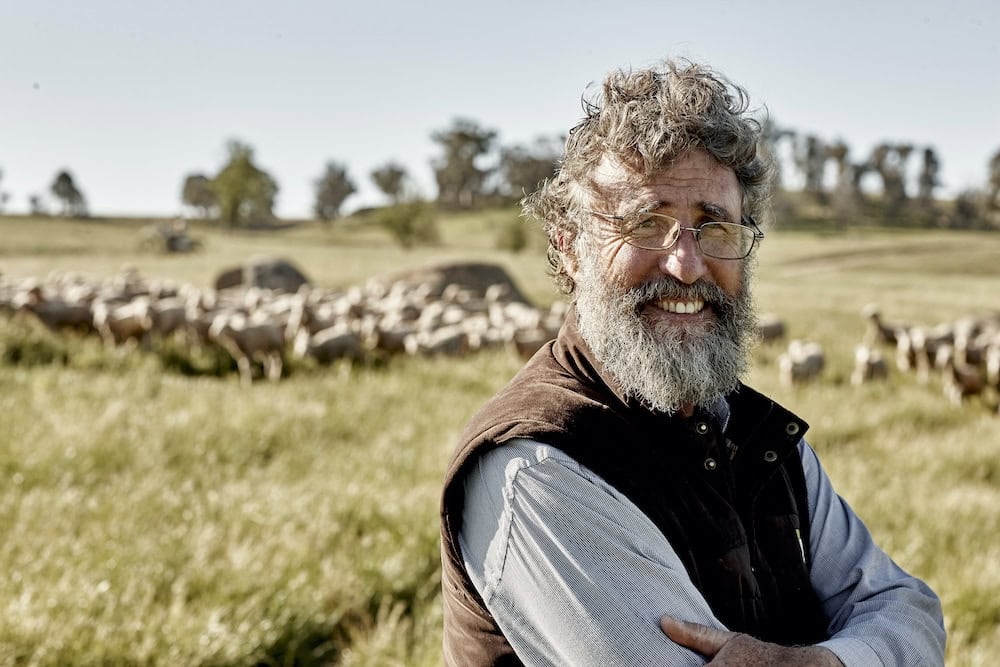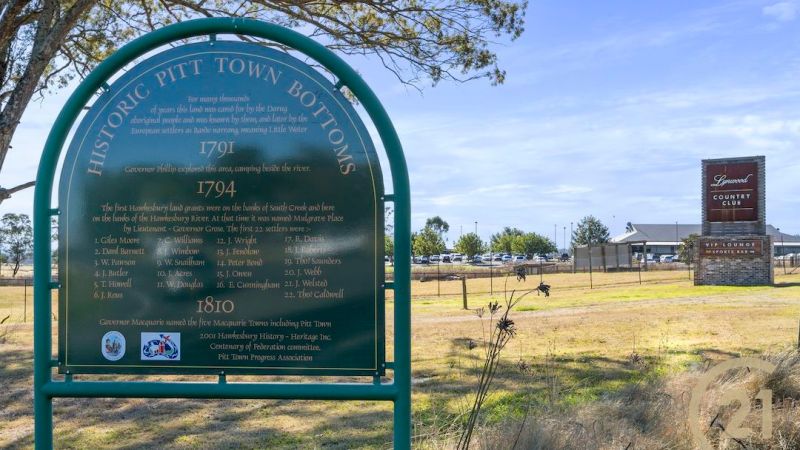The first stage of a three-year social research project to measure community trust in rural…
Mobile blackspots a huge concern in rural areas

Mobile blackspots in rural and regional areas are a massive issue but this by no means is a new problem. It is often the case that one part of a paddock will have crystal clear mobile signal, but then just a few hundred metres away there is a literal dead zone.
Poor connectivity has a major impact on farmers and communities trying to go about their business and is one of the blocks to Australian agriculture reaching its goal of being a $30 billion industry by 2030.
To help remove blackspots, the federal government recently committed $20.5 million to fund 67 new mobile base stations across Australia to improve connectivity as part of its Mobile Black Spot Program.
Minister for Regionalisation, Regional Communications and Regional Education, Senator Bridget McKenzie says the additional base stations will deliver over 12,000 square kilometres of new and improved handheld coverage in regional and remote Australia.
“These base stations will improve coverage in disaster prone areas, along major transport corridors and trial new approaches to delivering coverage,” Minister McKenzie said.
“The 67 base stations funded under Round 5A across regional and remote Australia will collectively deliver over 12,000 square kilometres of new and improved handheld coverage. The Government is committed to continuing to work with industry and state and local governments to improve mobile coverage and connectivity across Australia.”

Coinciding with this funding announcement was the launch of a new federal review into regional telecommunications services. The review has already started and is set to conclude in December with a full report due to be handed to the federal government by December 31, 2021.
Rural Australians urged to make a submission
Former Nationals MP Luke Hartsuyker is chairing the review and has called for all regional Australians to come forward and share their thoughts ‘warts and all’ on connectivity issues.
More information about the review can be found here, but essentially it is wanting to hear about your experiences “warts and all” on issues you have had with getting connected to a mobile service and concerns you have about making the most of those connections.
Mr Hartsuyker says the information gathered will be important in setting the government’s regional telecommunications agenda in the future.
The cut-off for submission is September 30, 2021.
The review committee consider the adequacy of telecommunications services in regional, rural and remote parts of Australia and then make recommendations to the federal government about what should be done about it.
It will also consider the impact of government policies and programs, COVID-19, emerging technologies, service reliability, investment, regional development and better coordination of Commonwealth, State and Territory activities, and improvements that could be made in these areas.
Mobile blackspots: Impacts on business operations
Cowra stock and station agent Damien Stephenson highlighted some commonly held concerns while explaining to the ABC’s Country Hour how poor mobile connectivity interferes with his business operations.
“I’ve been here since 2001 and reception 10 kilometres out of town is pathetic,” Mr Stephenson told the ABC.
“Anywhere between 10 and 15 kilometres out of Cowra, unless you are on a high point, the reception is just woeful. Being a stock and station agent, it is crucial to have the lines of communication, not to mention for the farmers as well.
“Yes, we have the data and all that, but phone calls are an integral part of us doing our business. We are talking highways, not side roads, this is just not on in the year 2021.”
New funding a step in the right direction
NSW Farmers President James Jackson said the recent funding announcement by Minister McKenzie is a step in the right direction for easing connectivity woes in the bush.

“Farmers need certainty of voice and data services as the agriculture sector leverages technology to improve food and fibre production and reach $30 billion in output by 2030,” Mr Jackson said.
“Rural and remote communities need certainty of connectivity to keep safe and undertake business transactions and that is why all 30 of these projects are important.
“Visitors to Western NSW need certainty of coverage while travelling. That’s why the planning for 4 macro cell base stations on the Barrier Highway between Broken Hill and Nyngan is critical for visitors and locals alike.”
Mobile blackspots: Telecommunications Survey
Mr Jackson said a recent NSW Farmers Telecommunications Survey found 78 per cent of respondents were unsatisfied or very unsatisfied with their mobile service.
“We had 870 regional, rural and remote residents respond to our recent telecommunications survey. Over 78 per cent were either unsatisfied or very unsatisfied with their mobile service identifying poor coverage and lack of continuous access during voice calls as their major concerns,” Mr Jackson said.
“The Federal Minister’s announcement is an important step toward expanded and improved mobile coverage and connectivity. We also call on government and telecommunications providers to continue to listen to, and work closely with, mobile users to ensure they can best access technology improvements as they roll out.
This includes ensuring certainty of ongoing funding for the Regional Tech Hub Service and expanding opportunities for shared access to infrastructure.”








